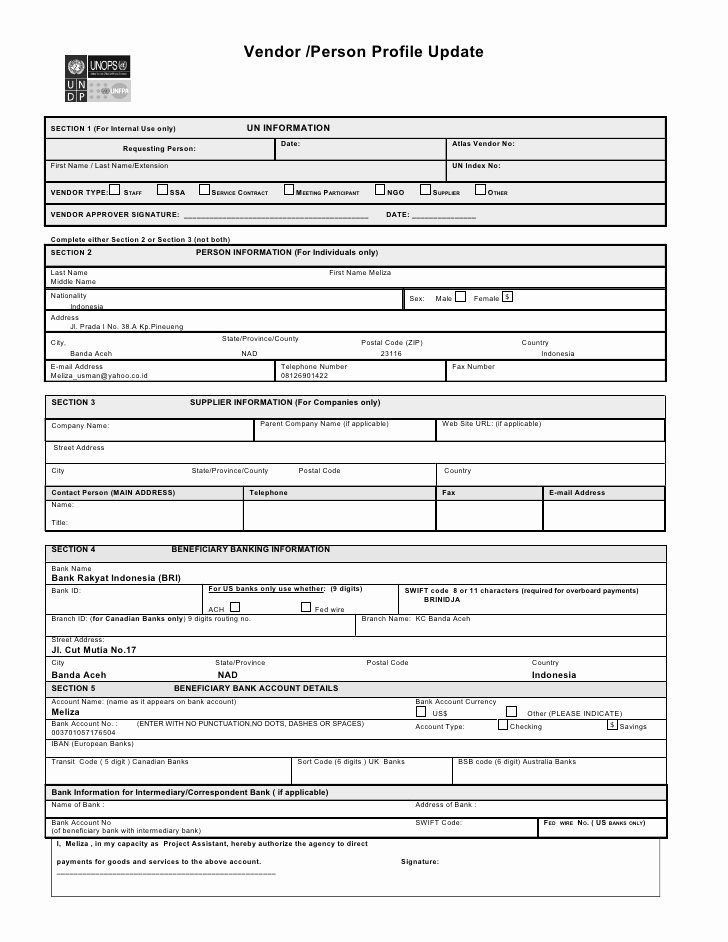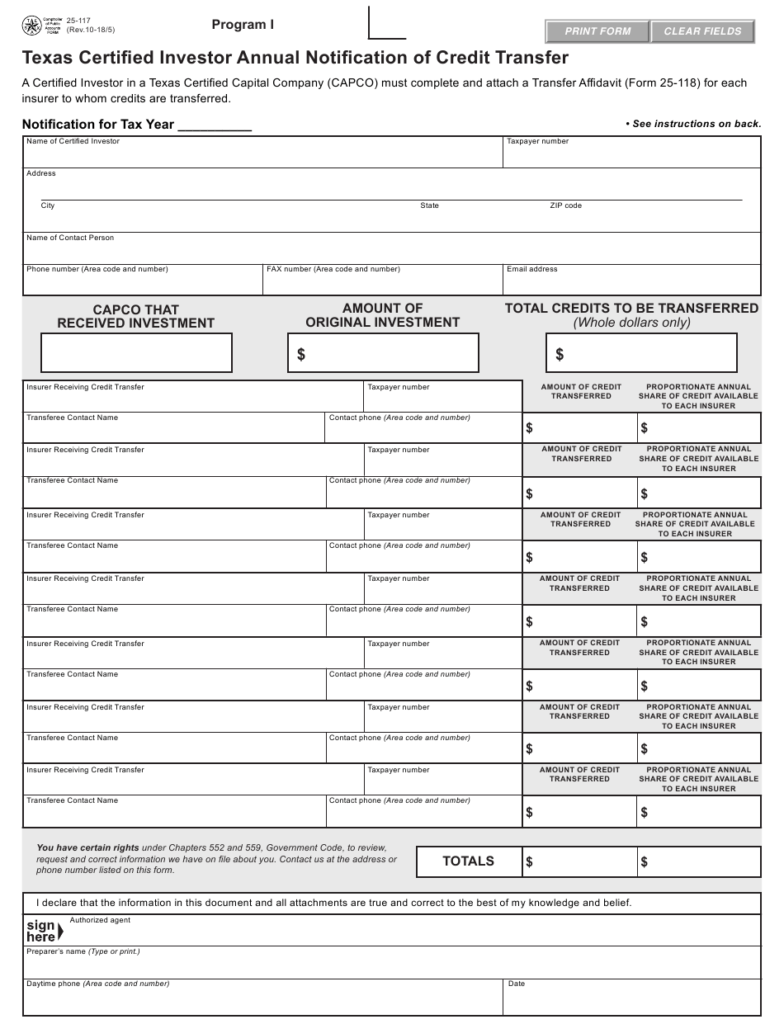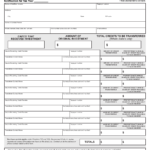Icc Transfer Credit Form – If there’s a nagging doubt about the process of transferring then you should fill out The Transfer Credit Acquired Form or TCAF. There may be a class you did not complete and haven’t been awarded a grade for and are wondering if you could apply it towards your degree. It’s good news that you can. In general, courses that receive the grade of C or better do not need material review. It is important to keep in mind the fact that any course that does not transfer to a specific University of Michigan course is considered to be departmental-credit. If it’s not, you will not be able transfer it into a U-M program and it could not meet the requirements of the degree.
Coursework should earn a grade equivalent to a C – or higher.
For your course to transfer you must have an average of C or better. To be eligible for credit transfer, they should be completed at an accredited college or university that is accredited, like the Higher Learning Commission or the Middle States Association of Colleges and Schools (MASAC). International programs must be evaluated according to an individual-to-individual basis. Official transcripts need to be provided for the CCS. The previous institution you attended must accept the course.
To transfer college credits from your previous college, courses taken at a foreign school must have been awarded a grade at least C or better. Not all grades, including Pass/Satisfactory, are transferable, nor are colleges algebra, developmental courses, or career and technical courses. However, this policy has been reviewed during the COVID-19 pandemic, and all courses taken prior to the date of the change will be accepted.
For credit transfer, courses in regionally accredited schools must have a minimum grade at “C” or better in the previous institution. In order to transfer credits these courses must be comparable in scope and content. While a grade of C is the most basic requirement for transferable credit Some institutions also accept Grades of “D” or higher. Accreditation institutions comprise institutions like the Middle States Association of Colleges and Schools, the New England Association of Schools and Colleges as well as the Northwest Association of Schools and Colleges, and Southern Association of School and Colleges.
TCEL contains courses that have transferred to Clemson before. This is not a comprehensive list . Courses not listed on this list must be assessed when applying to Clemson. According to the TCEL listing also includes Equivalencies for courses, however, the list does not reflect differences on credit hours for different institutions. And while the TCEL lists courses that are comparable to those offered at other colleges however, the Office of Admissions’ evaluations reflect current information.
While your prior work could be acceptable to you, it is essential to review the academic consequences. If you’re in a position to not successfully complete the required coursework and you are unable to complete it, you might want to try again. Make sure you earn at the very least a “C” in the course and fulfill any rules set by the university. If you take a course more than three times can impact your GPA cumulatively therefore be cautious when you are deciding whether or not to repeat it.





